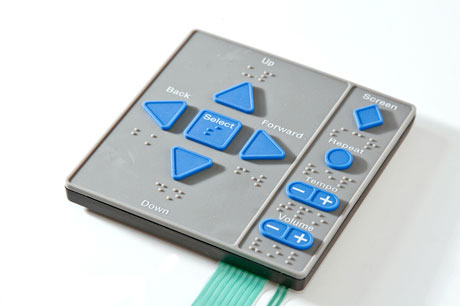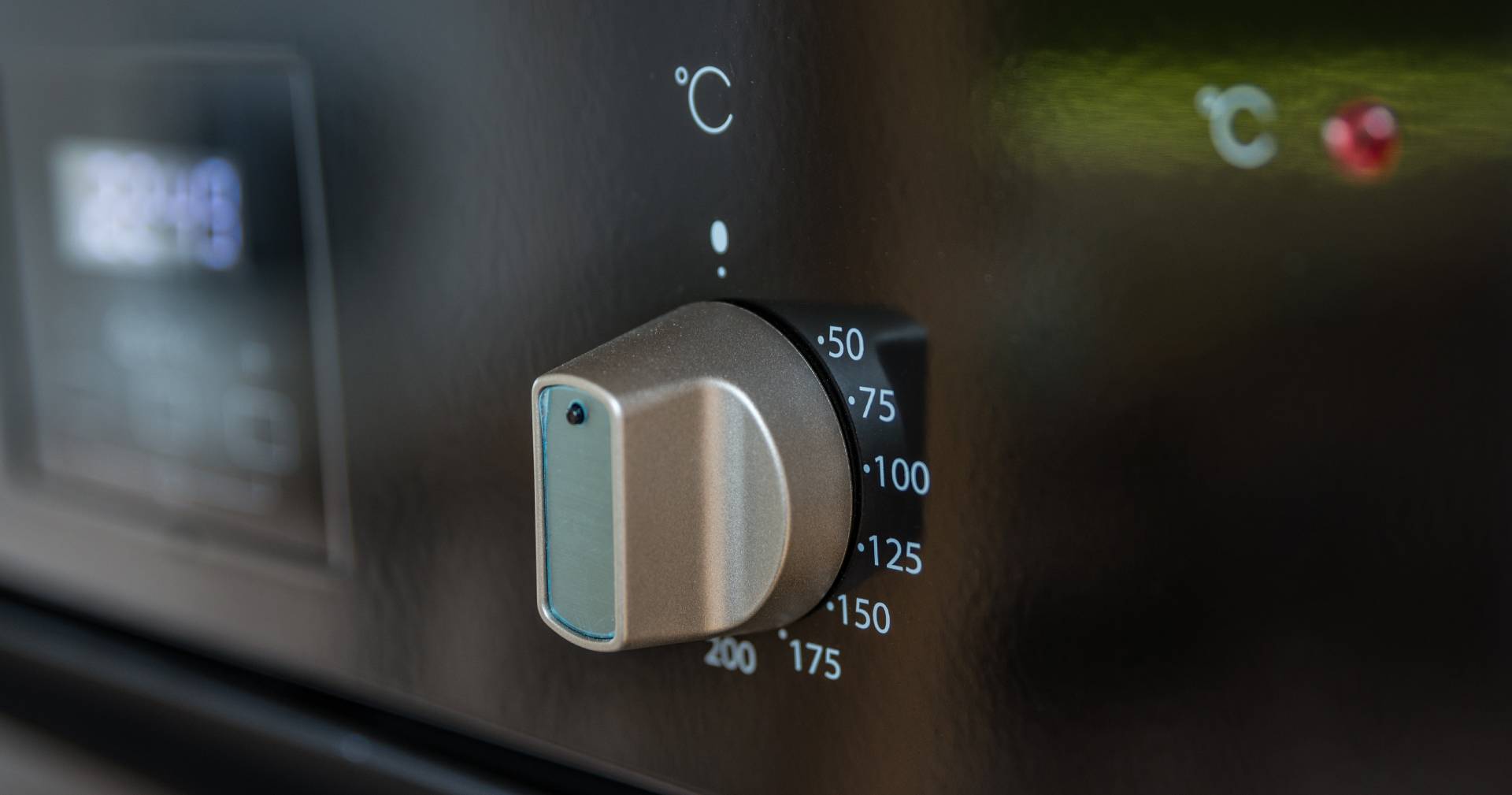Comprehending the Importance of Membrane Switches in Interface
Membrane switches are important parts in the design of efficient individual interfaces, promoting not just functionality but likewise improving visual allure and user interaction. As we explore the different advantages and future patterns linked with Membrane technology, it becomes clear that these buttons are more than just components; they represent a convergence of development and functionality.
What Are Membrane Buttons?

The spacer layer, which has glue buildings, permits for the separation of the circuit layer from the overlay, guaranteeing that the switch continues to be in a non-activated state up until pressed. When pressure is used to the overlay, it compresses the spacer layer, bridging the void and finishing the circuit in the underlying layer. This design not just lowers the physical area required for typical mechanical buttons but additionally improves the sturdiness of the device, as Membrane switches are usually immune to dust, dampness, and other ecological aspects.
Typically located in applications ranging from customer electronics to medical gadgets, Membrane buttons are integral to modern-day technology, giving a effective and user-friendly user interface that aligns with modern layout demands.
Benefits of Membrane Buttons
While numerous button technologies exist, Membrane Switches offer unique benefits that make them particularly preferable in numerous applications. One of the key benefits of Membrane buttons is their compact style, which permits space-saving implementations in gadgets where actual estate is limited. Their thin account not just boosts aesthetic charm yet also helps with light-weight construction.
One more considerable benefit is their resistance to environmental elements. Membrane buttons are typically sealed against dampness, dirt, and contaminants, making them optimal for usage in requiring environments, such as medical devices and industrial devices. This longevity extends the lifespan of the switch, minimizing upkeep prices and boosting integrity.
Furthermore, Membrane switches can be personalized to satisfy certain layout needs, including special graphics and shades that enhance customer communication. Their responsive responses options can also be customized to provide a satisfying user experience. Additionally, Membrane buttons are cost-effective, specifically in high-volume applications, as they can be generated successfully.
Applications in Different Industries

In the customer electronics sector, Membrane switches are widespread in gadgets such as microwaves, cleaning makers, and remote controls. Their responsive feedback and visual choices boost individual experience while providing a smooth, modern appearance. Additionally, auto makers utilize Membrane buttons in dashboard controls and infomercial systems, where space is restricted, and user involvement is crucial.
In addition, the industrial field leverages Membrane switches in control panels for equipment and equipment, enabling for intuitive operation in usually severe settings. Their resistance to chemicals and moisture makes sure long life and reliability in these applications. Generally, the flexibility of Membrane Switches adds significantly to their extensive usage, making them indispensable in various technical domain names.
Layout Considerations for Membrane Buttons

When making Membrane switches, several essential considerations need to be taken into consideration to make certain optimal functionality and user experience. Firstly, the option of materials is vital; choosing long lasting, high-grade substratums can boost anonymous the button's long life and resistance to ecological variables such as dampness and temperature level variations.
Second of all, the style of the graphic overlay should focus on quality and simplicity of use. Icons and message have to be readable, and the design ought to help official site with intuitive communication (membrane switches). Furthermore, tactile feedback is crucial; including a tactile dome or other devices can improve the user experience by giving physical verification of activation
One more important variable is the switch's electrical efficiency. Designers have to make sure that the conductive traces are correctly designed to decrease resistance and prevent signal interference. This entails evaluating the required actuation force and ensuring compatibility with the digital components they will certainly interface with.

Future Trends in Membrane Modern Technology
As technology continues to advancement, Membrane buttons are positioned to evolve significantly, driven by innovations in products and producing techniques. One arising trend is the unification of advanced products, such as versatile substrates and conductive inks, which enhance resilience and lower the total weight of Membrane buttons. These products not only boost the responsive feedback but also allow for the layout of buttons that can hold up against harsher ecological conditions.
Furthermore, the assimilation of touch-sensitive technologies is transforming traditional Membrane Switches right into even more interactive individual interfaces. Capacitive touch sensing units installed within Membrane switch panels can give an extra receptive and user-friendly customer experience, aligning with the expanding demand for sleek, modern designs in consumer electronic devices.
Additionally, innovations in Full Article printing techniques, such as electronic and 3D printing, enable fast prototyping and customization of Membrane switches. This adaptability permits manufacturers to respond quicker to market demands and consumer preferences.
Finally, sustainability is becoming a substantial focus, with manufacturers discovering environmentally friendly materials and processes. As these fads unravel, the future of Membrane modern technology promises boosted capability, visual appeal, and ecological obligation, solidifying their role in innovative interface throughout different markets.
Conclusion
In conclusion, Membrane Switches stand for a crucial element in the style of customer interfaces, integrating performance with visual versatility. As improvements in innovation continue, the advancement of Membrane buttons is expected to more refine individual interfaces, driving innovation and enhancing usability in a progressively intricate technological landscape.
Membrane buttons are essential components in the style of reliable user interfaces, helping with not just functionality however also enhancing visual appeal and customer interaction.Membrane Switches offer as an essential part in different individual interfaces, helping with a smooth interaction between individuals and digital devices.While various switch modern technologies exist, Membrane Switches deal distinctive advantages that make them especially preferable in numerous applications.In addition, Membrane buttons can be customized to fulfill details layout requirements, incorporating one-of-a-kind graphics and shades that improve user interaction.In conclusion, Membrane Switches stand for an important element in the layout of user interfaces, integrating functionality with aesthetic flexibility.